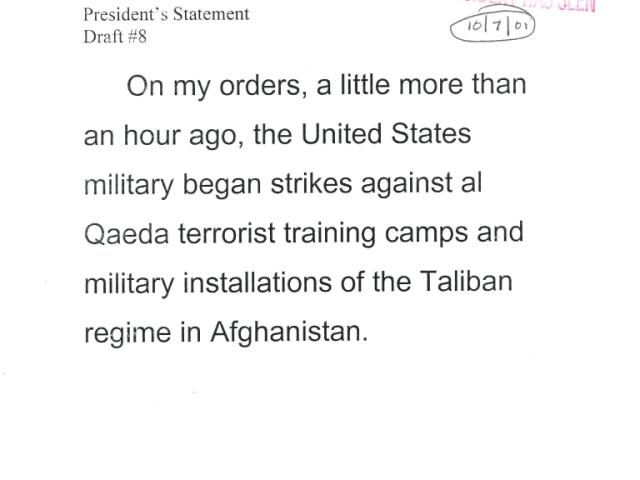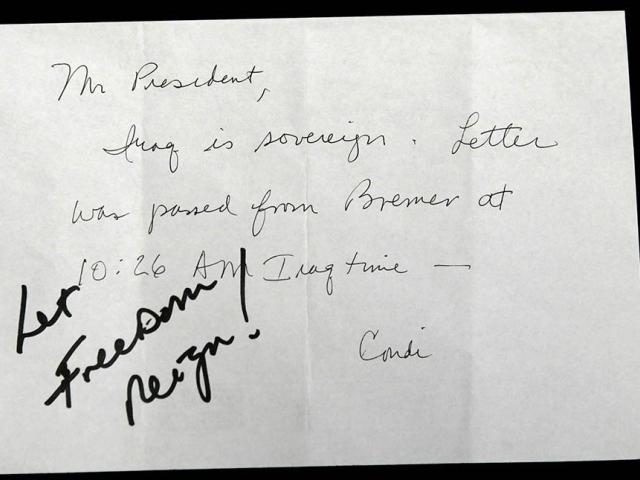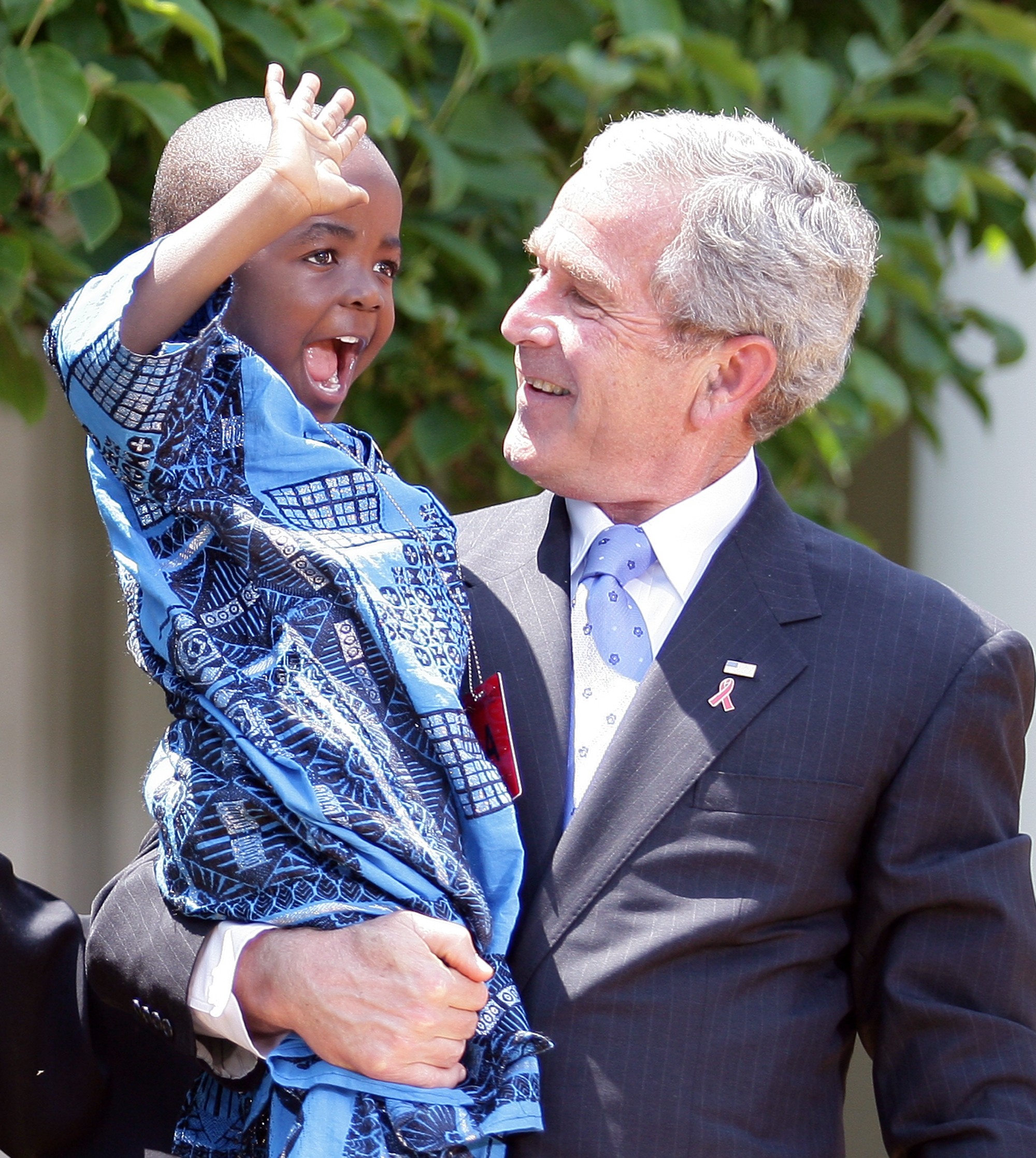Discover More Topic Guides

Environment

The War In Afghanistan

The Iraq War

Executive Office of the President

International Trade

For a guide of the archival records that are open for research, please download the Archival Research Guide:
Material at the George W. Bush Presidential Library Pertaining To Health
Since its emergence as a major political issue, every president has attempted reform the nation’s healthcare system to benefit the American people. During his administration, President George W. Bush initiated numerous healthcare initiatives. This included changes codified under the Medicare Modernization Act of 2003. Significant Medicare reforms launched during the Bush administration included an increase in preventative screenings, the Medicare Advantage program, and the Medicare Prescription Drug Benefit to increase access to medicine. President Bush affirmed America’s commitment to its veterans by increasing health services to ex-servicemen and -women. However, the president also experienced setbacks in healthcare reform, such as the failure of his plan to privatize Social Security.
Early in his first term, President Bush faced the issue of funding scientific research that drew on embryonic stem cells. Under President William J. Clinton, the government had funded research that drew on stem cells from destroyed human embryos to treat diseases like Parkinson’s. Conservatives disapproved of government funding for such research, calling the destruction of embryos abortion. After carefully considering both sides of this argument, President Bush modified existing guidelines on the use of embryonic stem cells to continue the use of existing stem cell lines.
As a result of private research, more than 60 genetically diverse stem cell lines already exist. They were created from embryos that have already been destroyed, and they have the ability to regenerate themselves indefinitely, creating ongoing opportunities for research. I have concluded that we should allow federal funds to be used for research on these existing stem cell lines, where the life and death decision has already been made.
--President George W. Bush, statement on stem cell research, August 2001

President Bush enjoyed significant achievements in his efforts to improve global health. In his 2003 State of the Union Address, he unveiled the President’s Emergency Plan for AIDS Relief, or PEPFAR. This unprecedented effort entailed investment in HIV/AIDS treatment for nations in Africa, Asia, and Latin America. By providing AIDS care and strengthening local public health organizations across the world, PEPFAR achieved impressive results. Over the course of its existence, experts estimate that the program has saved 25 million lives, and prevented over 5 million children from being born with HIV.
We have confronted, and will continue to confront, HIV/AIDS in our own country. And to meet a severe and urgent crisis abroad, tonight I propose the Emergency Plan for AIDS Relief -- a work of mercy beyond all current international efforts to help the people of Africa. This comprehensive plan will prevent 7 million new AIDS infections, treat at least 2 million people with life-extending drugs, and provide humane care for millions of people suffering from AIDS, and for children orphaned by AIDS. I ask the Congress to commit $15 billion over the next five years, including nearly $10 billion in new money, to turn the tide against AIDS in the most afflicted nations of Africa and the Caribbean.
--President George W. Bush, State of the Union Address, 2003
The following carefully selected resources, some of which are from the George W. Bush Presidential Library, provide further information about Health.
Press Releases, Presidential Speeches, Fact Sheets, and more related to Health from 2001 - 2009 are available through the Archived White House Website.





